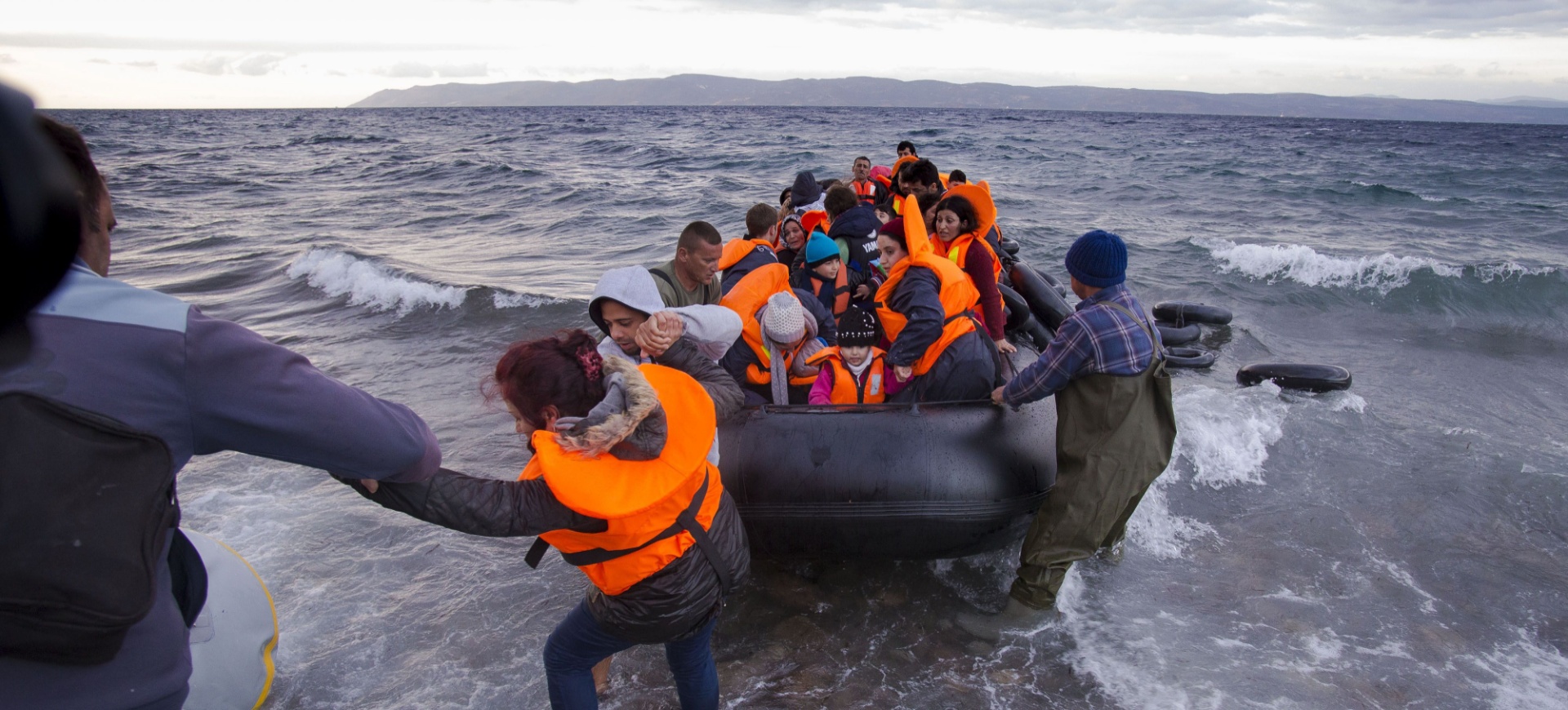Leadership in the face of Cold War 2.0
Democracies are finally taking seriously the geopolitical threat posed by the autocracies, and the G7 should leverage this moment to pave the way for a ‘Global Alliance Treaty Organization’ built upon technology, industry and security imperatives
The autocracies are on the march again, but the democracies, led by the G7, can once more prevail if they stay laser-focused on facilitating private-sector technology innovation, building military industrial capacity at scale and expanding collective security arrangements.
The bad news is the autocracies have dragged the world into another cold war. Russia is the aggressor in Ukraine, Iran supplies weapons to proxy militias throughout the Middle East, and China aggrandises and militarises the South China Sea while coercing Taiwan with grey zone tactics.
Calling this Cold War 2.0 serves several critical purposes. It shows the democracies are finally taking seriously the geopolitical threat posed by the autocracies. It alerts citizens in the democracies that sacrifices will be required, particularly on the financial front, as the funding of domestic social programmes will have to decrease to make way for augmented defence spending.
Words, and clarion calls, matter. In 2014 the G7 should have labelled as Cold War 2.0 the combination of Vladimir Putin’s annexation of Crimea and Xi Jinping’s militarisation of non-Chinese islands in the South China Sea. The democracies should have responded with much more muscle to these autocratic actions. Had they done so, Putin could have been deterred from launching his subsequent full-scale invasion of Ukraine and Xi would not be menacing Taiwan today. History teaches us that an investment in deterrence is far cheaper than the war brought on by appeasement.
The recommendations
The good news, though, is that the democracies are much better at technological innovation than the autocracies for fundamental structural reasons. Therefore, recommendation number 1: the democracies need to keep their research and development markets robust, well financed and staffed with the globe’s best and brightest people through enhanced domestic education in science, technology, engineering and mathematics, and augmented by carefully managed immigration, especially in the domains of artificial intelligence, advanced semiconductor chips, quantum computing and biotechnology.
At the same time the democracies need to produce these marvels of innovation at scale. For example, a novel drone technology is only truly powerful when it can be produced at a monthly rate of 50,000 units at a unit price that every democracy can afford. Thus, recommendation number 2: the G7 has an important coordinating role in ensuring that the global arsenal of democracy produces sufficient numbers of leading-edge weapons and ammunition while generating equitable industrial benefits across all alliance members.
Winning Cold War 2.0 will be expensive. It is estimated that in 2023 an extra $800 billion was spent by the democracies on new weapons systems in response to the increased belligerence of the autocracies. As US president Dwight Eisenhower reminded the world in 1953, each such dollar spent on the military means less money for education, health care and pensions. But again, this is exactly the point in calling the challenge posed by the autocracies a new cold war, because it signals that it will be quite a while before military spending in the democracies can shrink again, as it did in the 1990s.
Finally, recommendation number 3 is for each of the democracies to be part of an effective collective defence alliance. The G7 should pave the way for the democracies of the Western Pacific, including Australia, Japan, New Zealand, the Philippines, Korea and Thailand, to join with the North Atlantic Treaty Organization to form ‘GATO’, the ‘Global Alliance Treaty Organization’.
The rationale behind GATO is that in our ever-shrinking world it is not geography that unites the democracies, but the common values of free and fair elections, personal freedoms and the rule of law overseen by independent judges. A country with these attributes that agrees to spend the requisite annual fee of at least 2% of its gross domestic product on defence can join the most effective collective defence alliance ever devised. Creating GATO – now, there’s an ambitious and noble goal for Italy’s 2024 Apulia Summit and beyond.











